Feinheimisch commonly describes fresh, regional, and seasonal foods with feinheimische producers generally producing environmentally-friendly and ethically-grown sustainable ingredients. Which brings us to Karma Bavaria. We’re all about using fresh, local, seasonal and sustainable ingredients at this flagship European resort. With ‘feinheimisch‘ in mind, join Chef Bjorn from Karma Bavaria on this culinary journey…
Where does regional, local and feinheimisch stand for?
Feinheimisch stands for fresh, high- quality food without additives from Schleswig- Holstein until Bavaria and their use in restaurants and private households. Feinheimische producers produce responsibly, environmentally friendly and sustainable. We at Karma Bavaria stand for it and get the fresh products from the region.
The last trip through Bavaria we started with ricotta / beets / walnuts
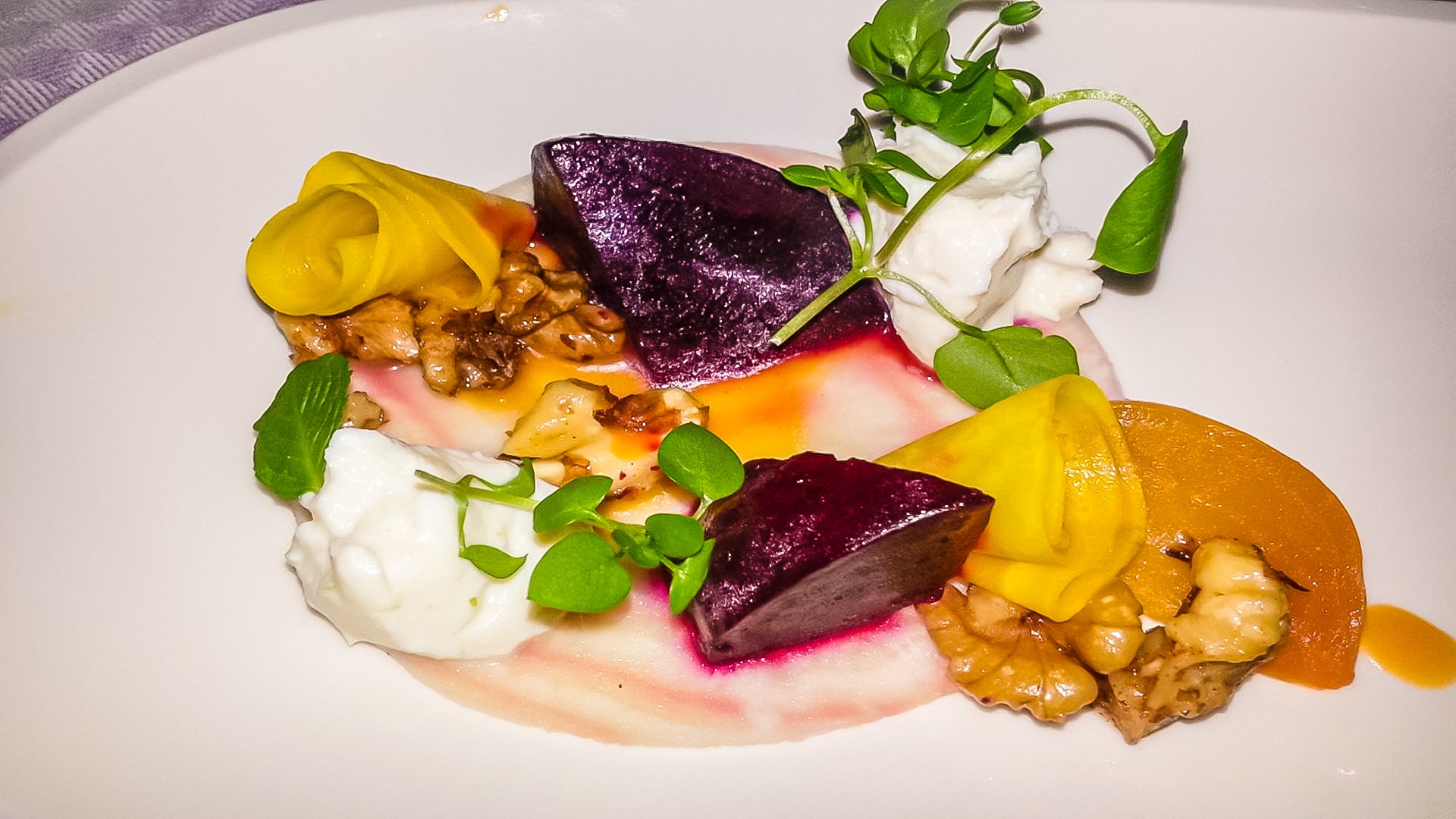
Here we worked together with the dairy and the greengrocer. Ricotta (Italian for ‘boiled again’) is a cream cheese made from sheep’s and / or cow’s milk, which is obtained by adding fresh milk / cream to the whey and precipitating it with acid (usually citric acid) at 90 ° C. The cheese mass is removed by carefully skimming off the surface of the liquid.
The sweet whey used in the production of ricotta is a residual product from the production of other cheeses; the whey no longer contains casein, but it does contain other proteins, mainly albumin. Fresh ricotta, which is made exclusively from sweet whey, tastes mild, sweet and is almost fat-free. The greenish liquid (sour whey) that remains after the ricotta production can be used as animal feed or disposed of. The greenish color comes mainly from the riboflavin contained in the milk.
In the second course we tried to combine land and water.
Ours was born here
Eel / goose / apple
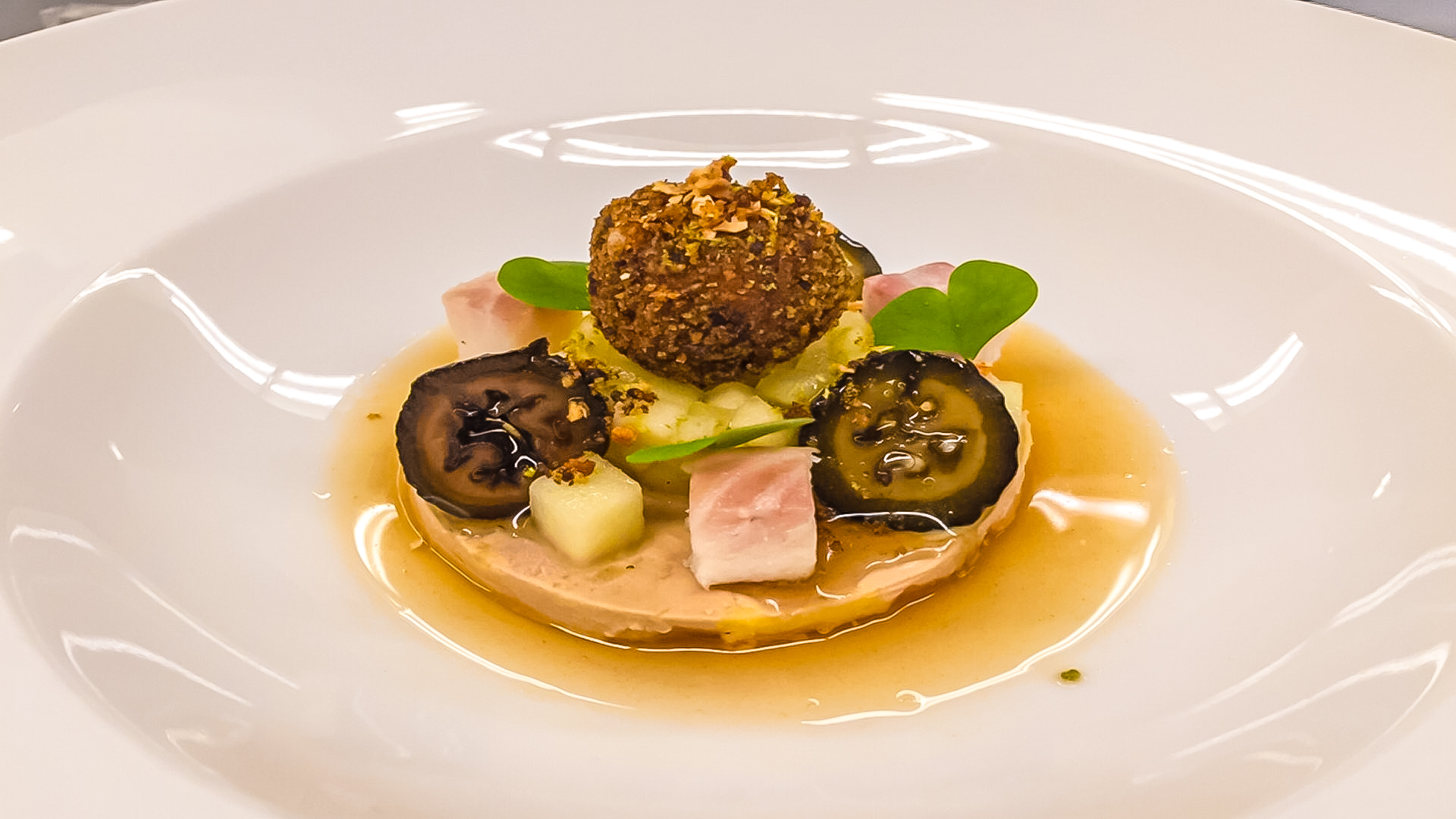
Here we see a goose liver parfait with apple in ginger broth and smoked eel and a goose praline on top. Here we worked together with fishing and farmer.
As early as 2500 BC The fatty liver of birds in Egypt was valued as a delicacy. It was around this time that the practice of overfeeding (stuffing) geese and thereby producing fatty liver started. Pliny the Elder wrote about it, and through the Roman Empire technology spread to what is now France, which is now considered the “home country” of Foie Gras.
In 2005, Foie Gras was declared a national and gastronomic cultural heritage by the French National Assembly in an addendum to the Agriculture Act and is therefore exempt from French animal welfare laws.
The fatty liver results from a certain form of fattening (gavage), pasta or stuffing, in which the animals have been force-fed in the last 21 to 28 days. Around three to four times a day, the animals are pumped through a pipe into a feed porridge, for example from 95 percent corn and 5 percent lard, into the stomach. As a result, the liver weighs 1000 to 2000 grams instead of the usual 300 grams at slaughter, and the fat content varies between 31 and 51 percent. Fatty deposits of triglycerides accumulate due to fatty liver, in turn the proportion of phospholipids decreases. The cholesterol content does not increase with the stuffing.
Production is prohibited in many countries, but import and sale are permitted in the EU, for example. Until May 14, 2008, the sale of foie gras was prohibited in Chicago, which was unique in the world. In 2004, California banned the production and sale of the liver of stuffed animals and the trade in feathers and other products from stuffed geese and ducks. It came into force on July 1, 2012. A federal court in California overturned the sales ban in January 2015, however. In January 2019, the US Supreme Court finally confirmed the ban on sales.
In 2011, the product name Foie Gras was deleted from the trade fair’s list of goods at the General Food and Beverage Exhibition (Anuga) in Cologne, the world’s largest trade fair for the food industry and food industry, but this does not mean a ban on exhibitions.
The New York City Council decided in October 2019 to ban the sale from October 2022.
In the third course we stayed on land again for a slight nuance between onions and cheese.
The roasted onions and then smoked napped with a strong cheese foam and completed the picture.
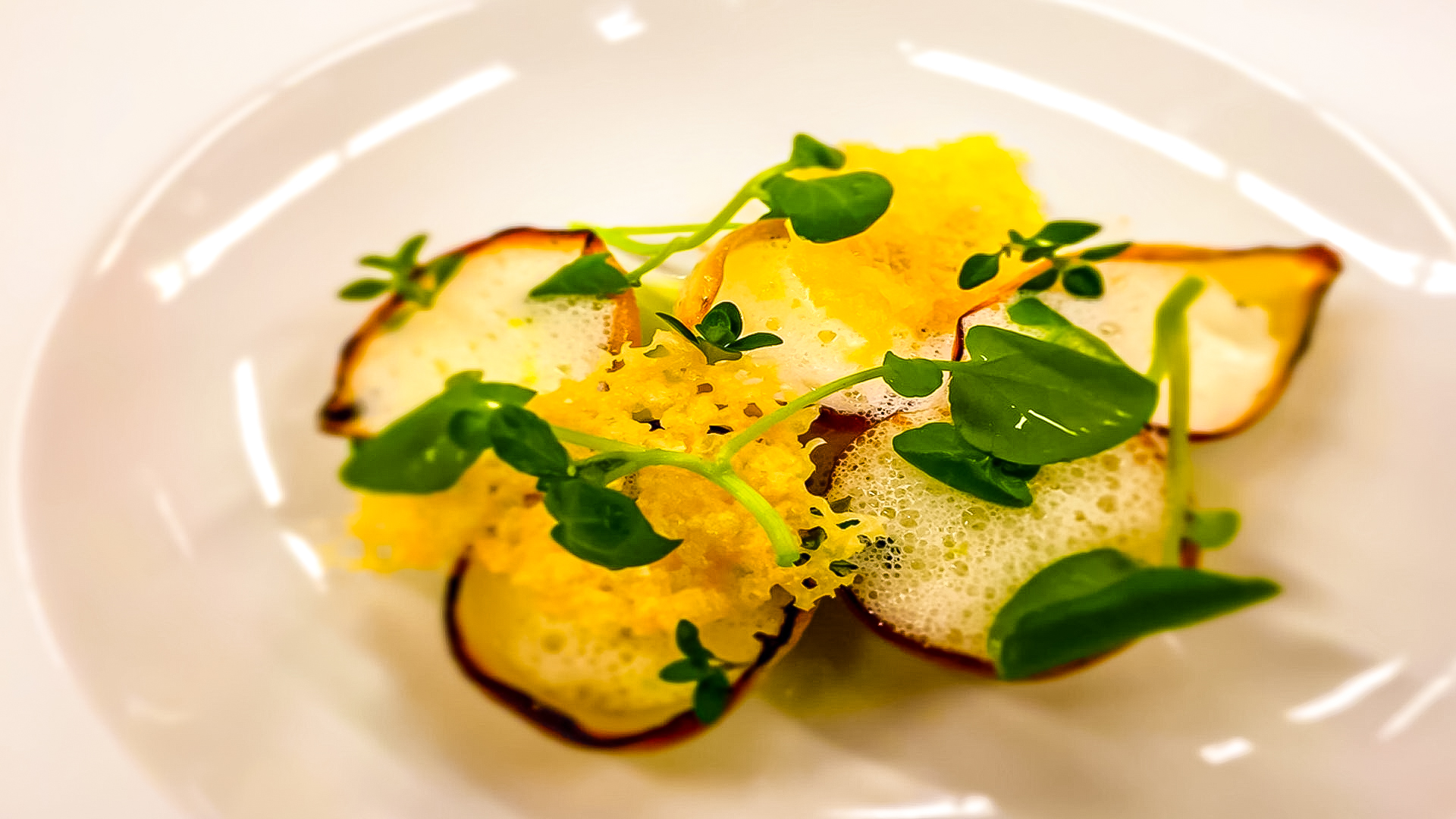
In the fourth course we went from land into the forest.
Saddle of venison / apple / celery
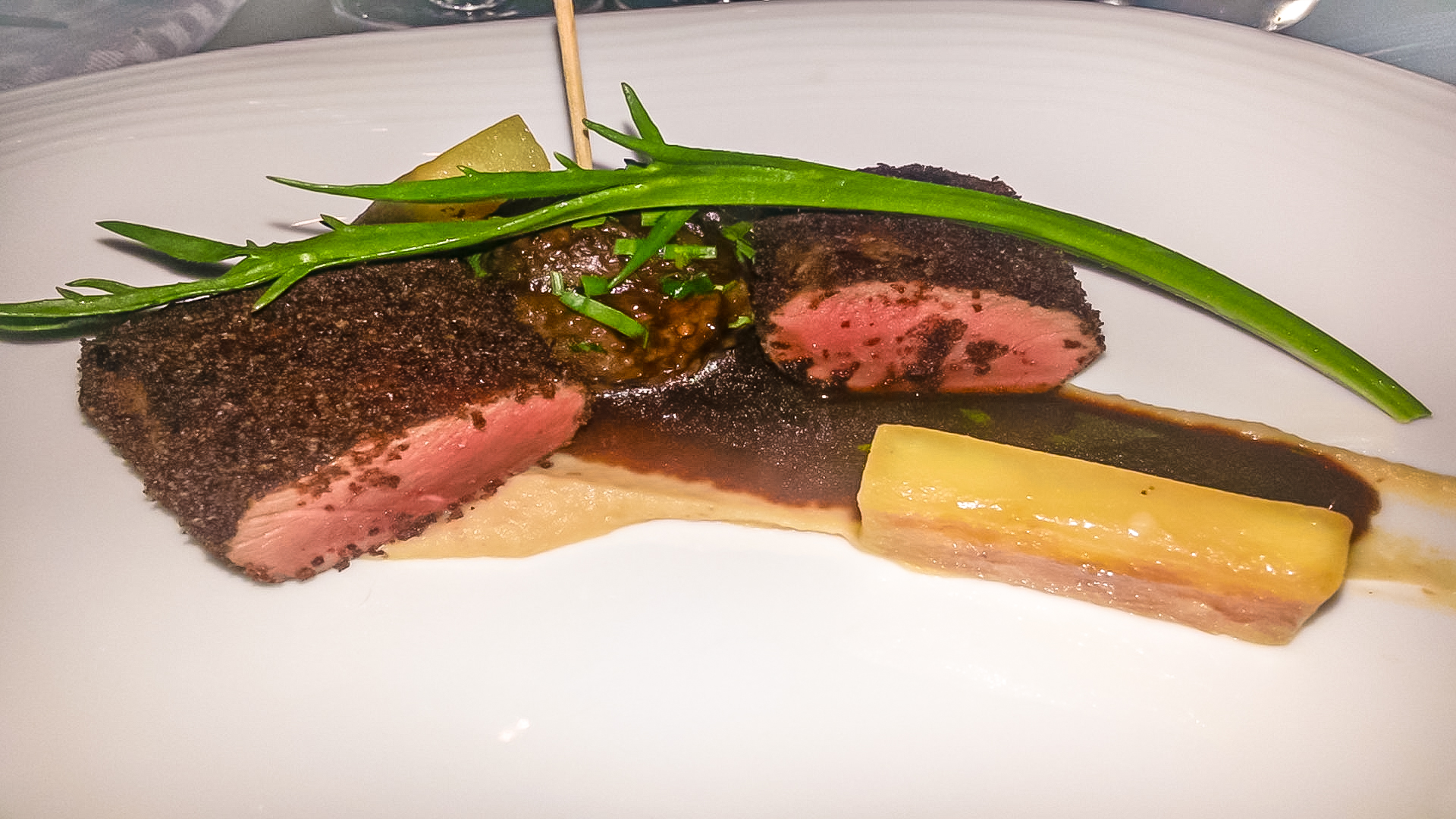
Venison meat (“venison”) is very versatile. The larger internal organs such as the heart, liver, kidneys (small hunters’ rights), less often the lungs, are prepared and consumed.
The roe deer’s horn is often used as wall decoration or processed into components of rustic interiors. The barrels are rarely used for knife handles.
The fur, the blanket, and the roe deer are rarely used. It is occasionally tanned into fine leather and used as an inner lining for outerwear, for example. Before the plastics were introduced, it gave the chamois.
In the last course at the end there was two kinds of ice cream.
Apple and Jerusalem artichoke
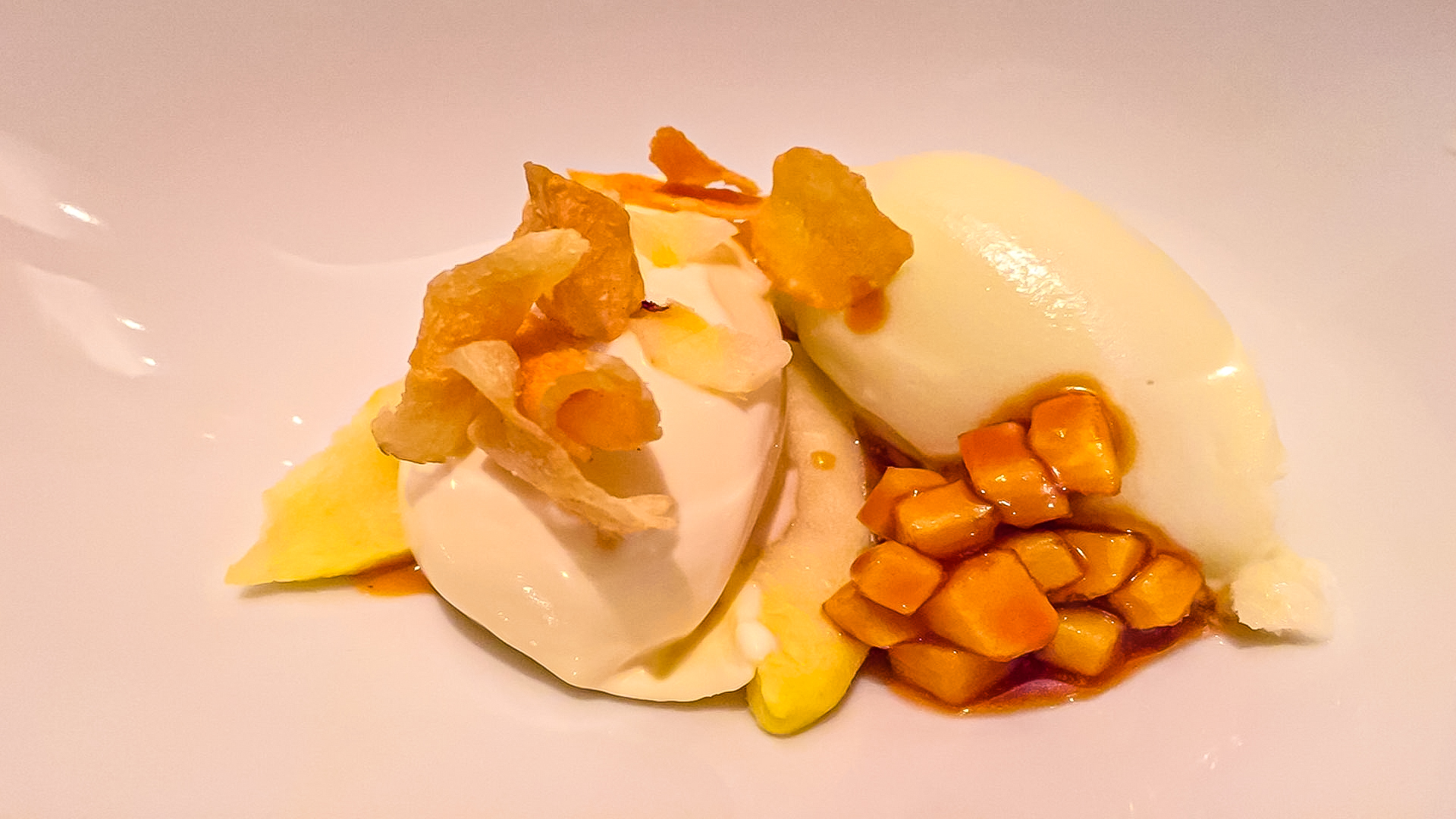
The name is derived from the name of the indigenous people of the Tupinambá and can assume both the male (the Jerusalem artichoke) and the female gender (the Jerusalem artichoke) in German.
In some places in Baden, Jerusalem artichoke is referred to as the Erdapfel. Other names are Erdbirne (in South Baden also Ross potatoes because they were fed to horses) or Jerusalem artichoke, Borbel, Erdartichocke, Erdschocke, Erdsonnenblume, Erdtrüffel, Eternitätpartel, Indian tuber, Little sunflower, Bulb sunflower, Ross potato, Schnapper potato and sweet potato . In the Rhineland, southern Germany, Austria and Switzerland, the potato is also referred to as a pear.
The brandy made from the plant’s inulin-rich tubers is also called Jerusalem artichoke or Rossler.
The new project that we start after the corona period and are very excited about it is wine and dine probably in autumn.

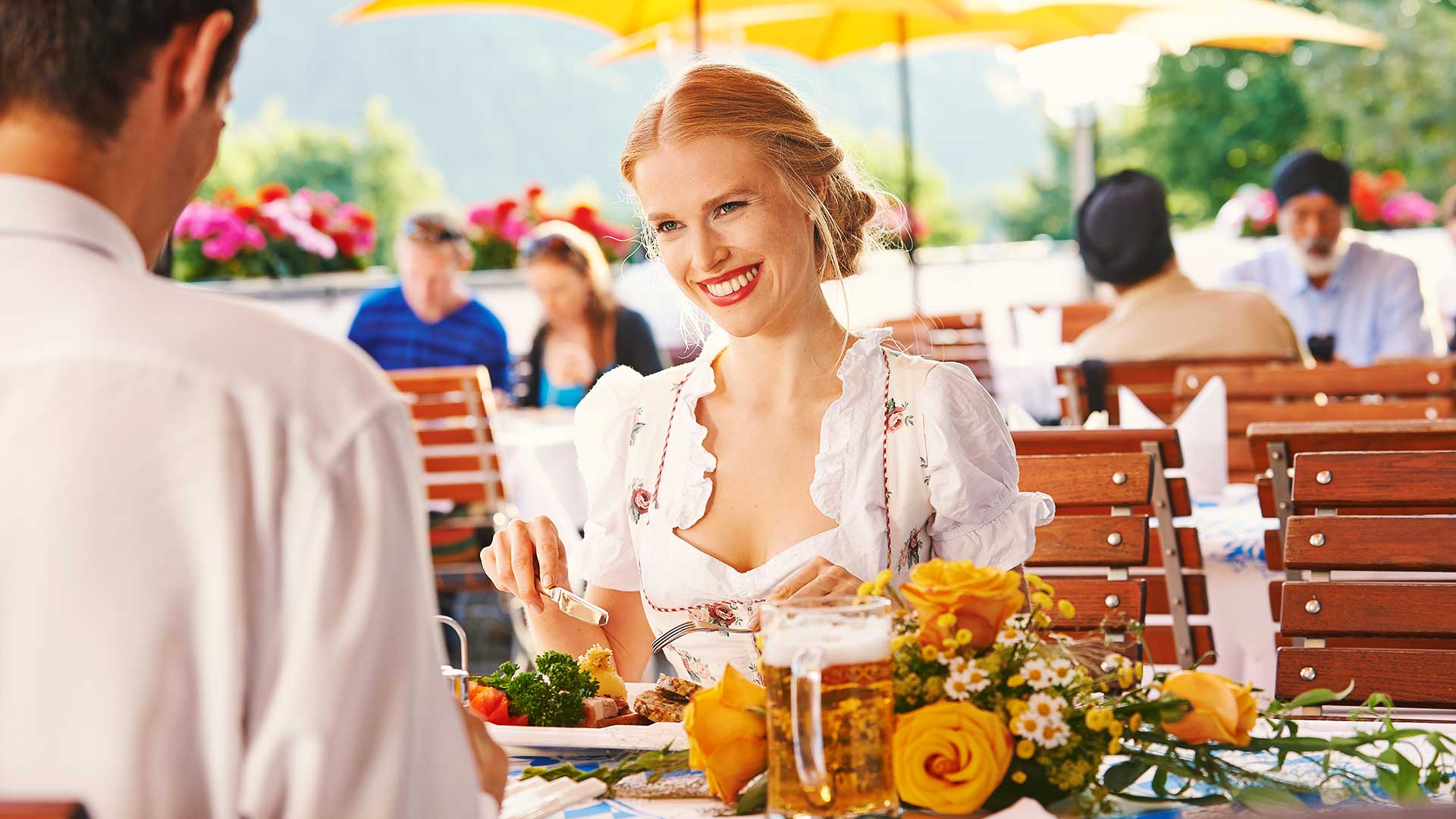
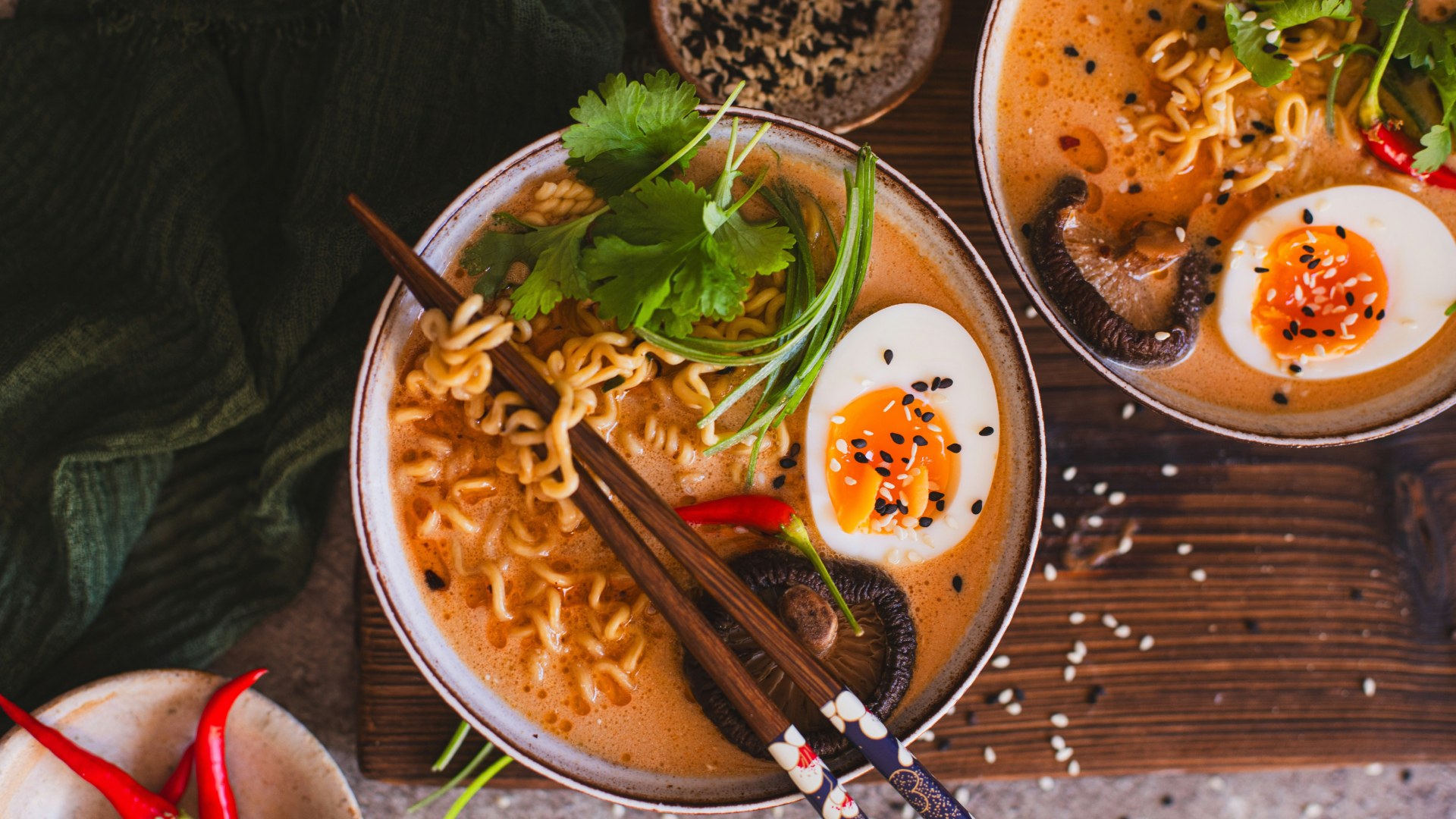
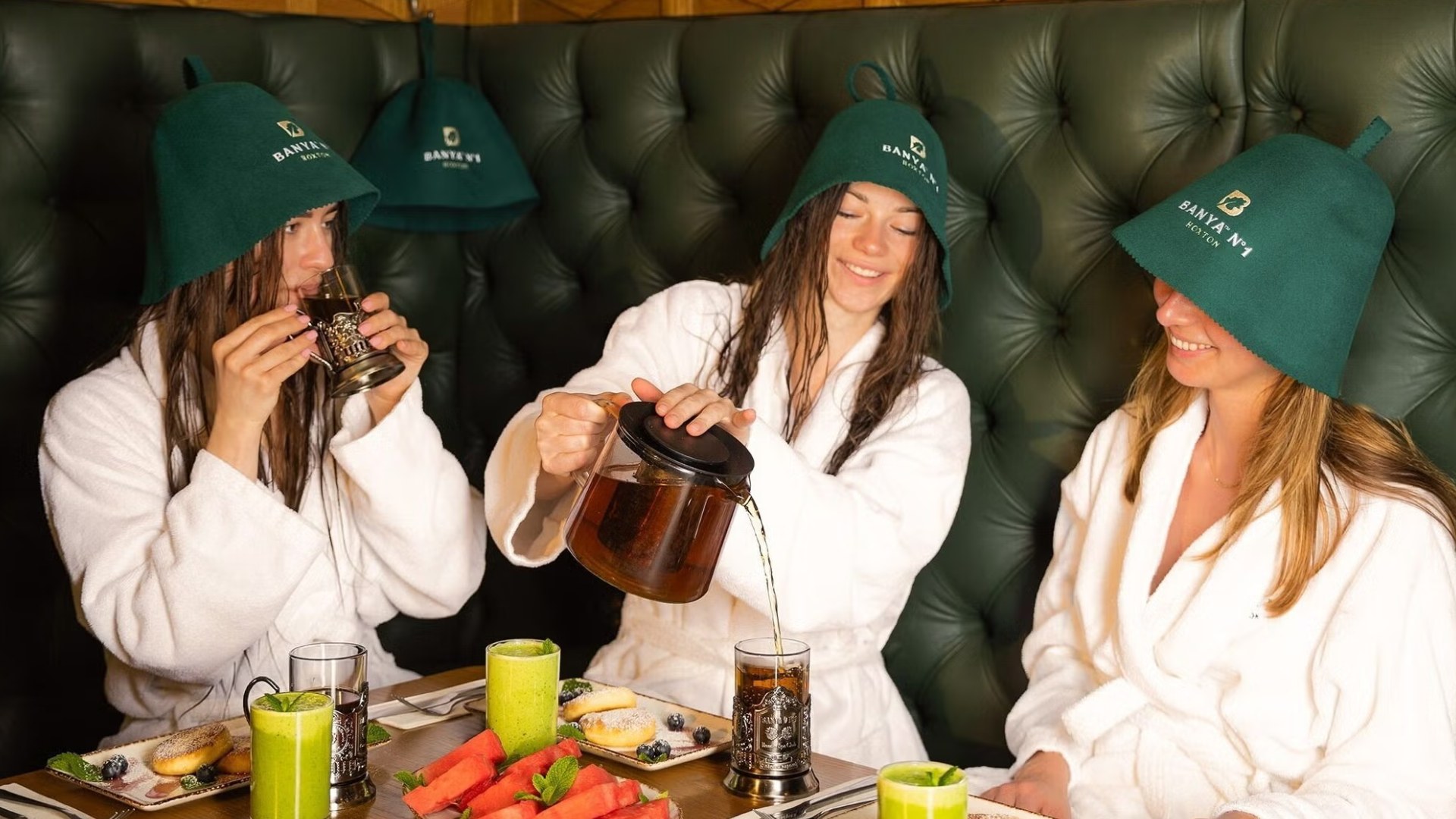


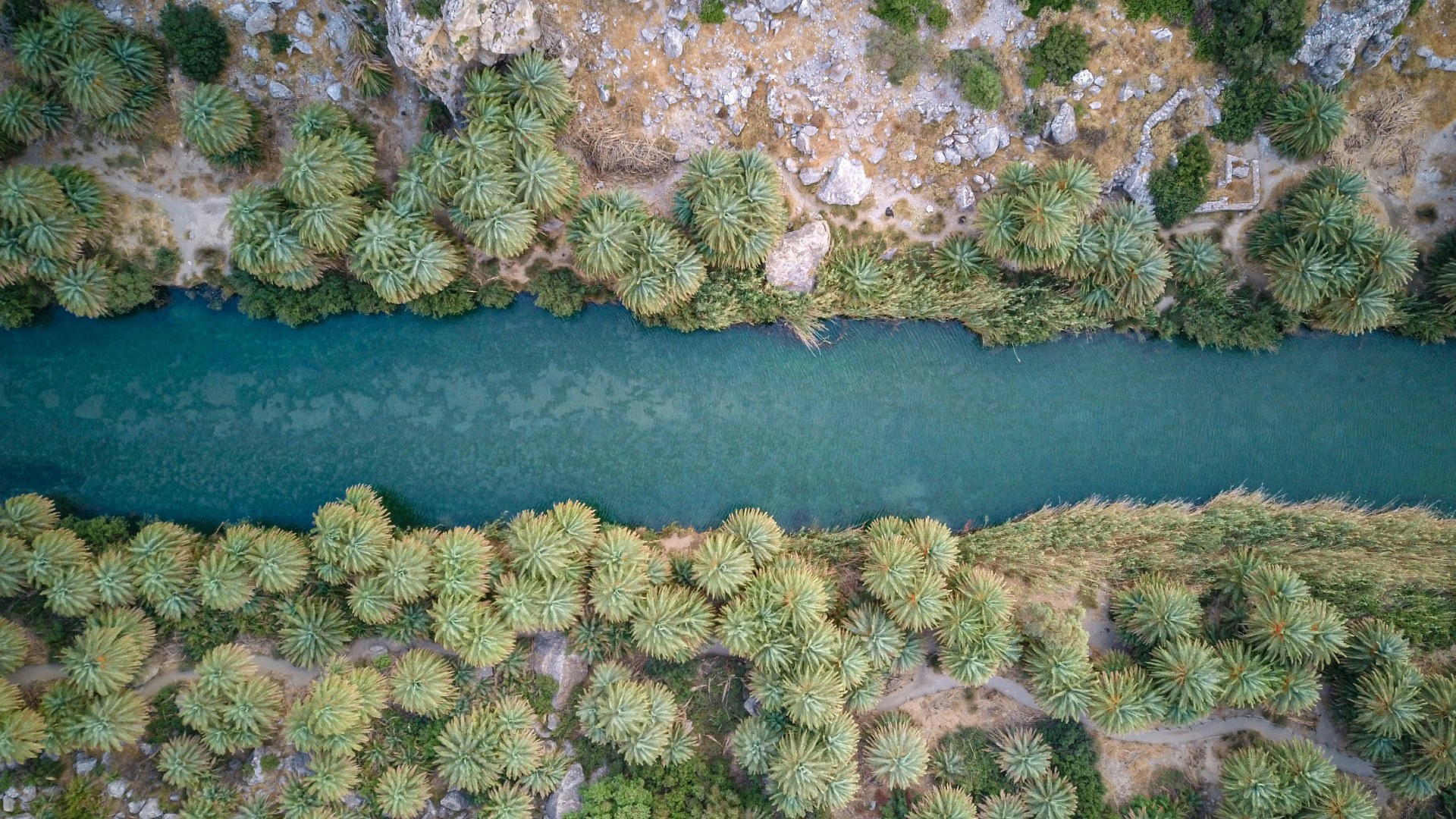
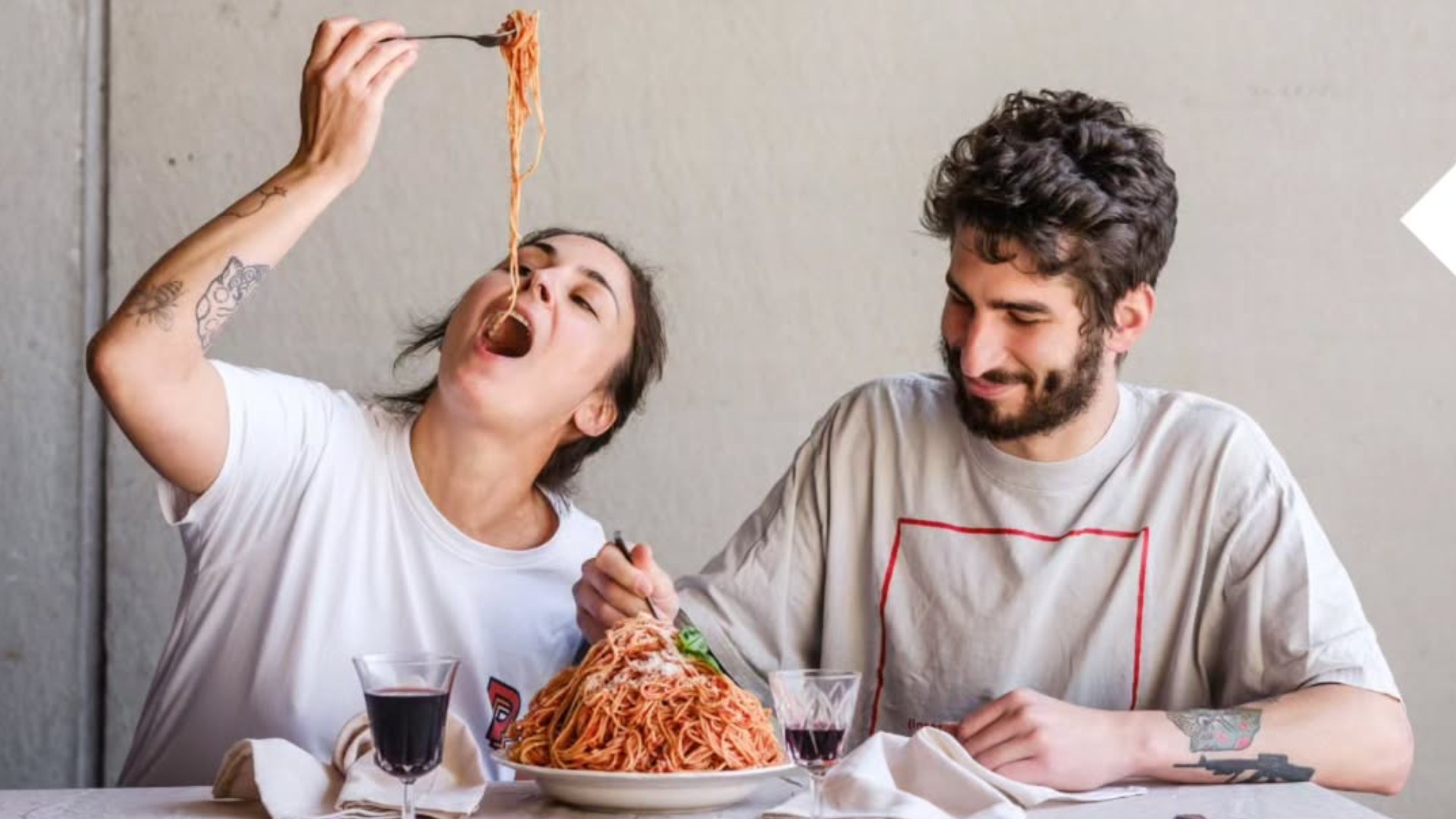

Excellent and tasty food and presentation. We have been there and have enjoyed very much. Happy holiday to my dear members and their families.
You had me @ ethical however I was saddened to see animal flesh was featured. I applaud the idea however I’d love to see vegetarian options which are truly ethical – I hope you value the feedback